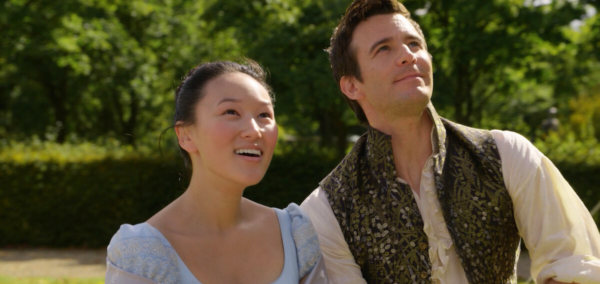
The University of Birmingham to receive research awards for arts and humanities
UoB is one of seven higher education institutions in the Midlands to receive the awards
The University of Birmingham will be receiving awards in arts and humanities to support funding and doctoral research.
Seven higher education institutions (HEI) in the Midlands will receive Doctoral Landscape Awards for collaboration and excellence from the Arts and Humanities Research Council (AHRC), with the University of Birmingham being one of them.
What is a Doctoral Landscape Award?

Sounds fancy, doesn’t it? The award is advantageous to keeping the arts and humanities departments thriving.
According to UK Research and Innovation (UKRI), the award is “intended to provide a baseline of funding to underpin the UK’s overall doctoral capability and capacity needs for the arts and humanities disciplines”.
The award will support 15 full-time PhD students in each HEI starting in October 2026 over a five-year period – that is support offered to three lucky students per year. With only 15 UK universities receiving the award, it is a real marker of UoB’s postgraduate talent.
The impact of the award
As well as receiving the awards, the institutions are able to be a part of the AHRC-supported regional hub. This will allow participants to collaborate, as well as connecting with external partners. Arts and humanities often seem to be underfunded sectors, and therefore awards such as these are key to encouraging innovation among students and researchers.
Talking about the awards, Professor Helen Abbott, Pro-Vice-Chancellor and Head of College of Arts and Law at UoB, said: “The Landscape Awards will contribute to ensuring the longer-term health of these disciplines by supporting a diverse and talented new pipeline of postgraduates, who will go on to make key contributions both to their disciplinary fields and to innovation in wider society.”
This milestone is a celebration of the HEI’s achievements, which are a fertile ground for future research. They foster a diverse and stimulating climate alongside doctoral schemes, creating important opportunities that will push not only the benefactors, but also the universities’ research legacies forward.


















